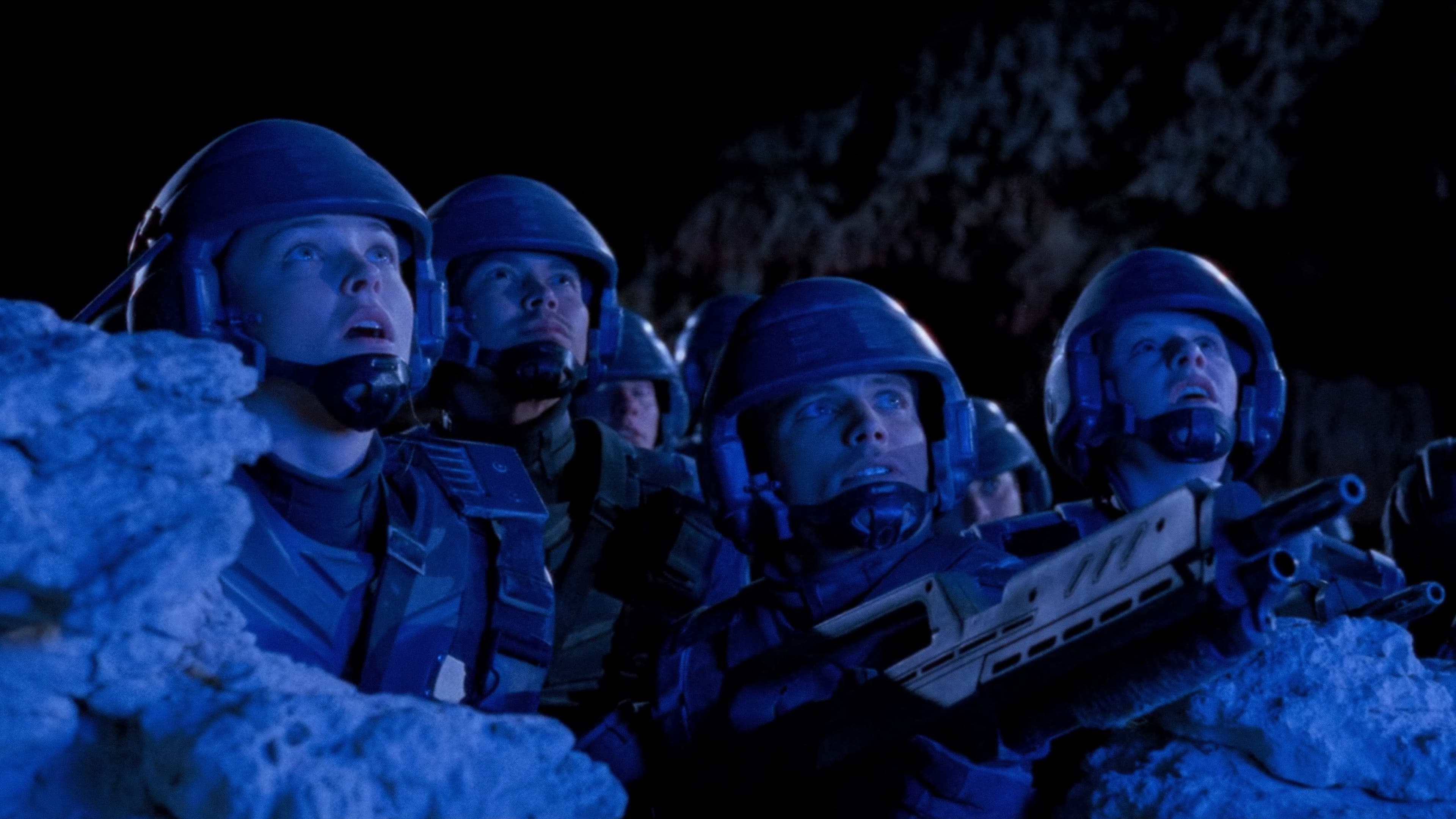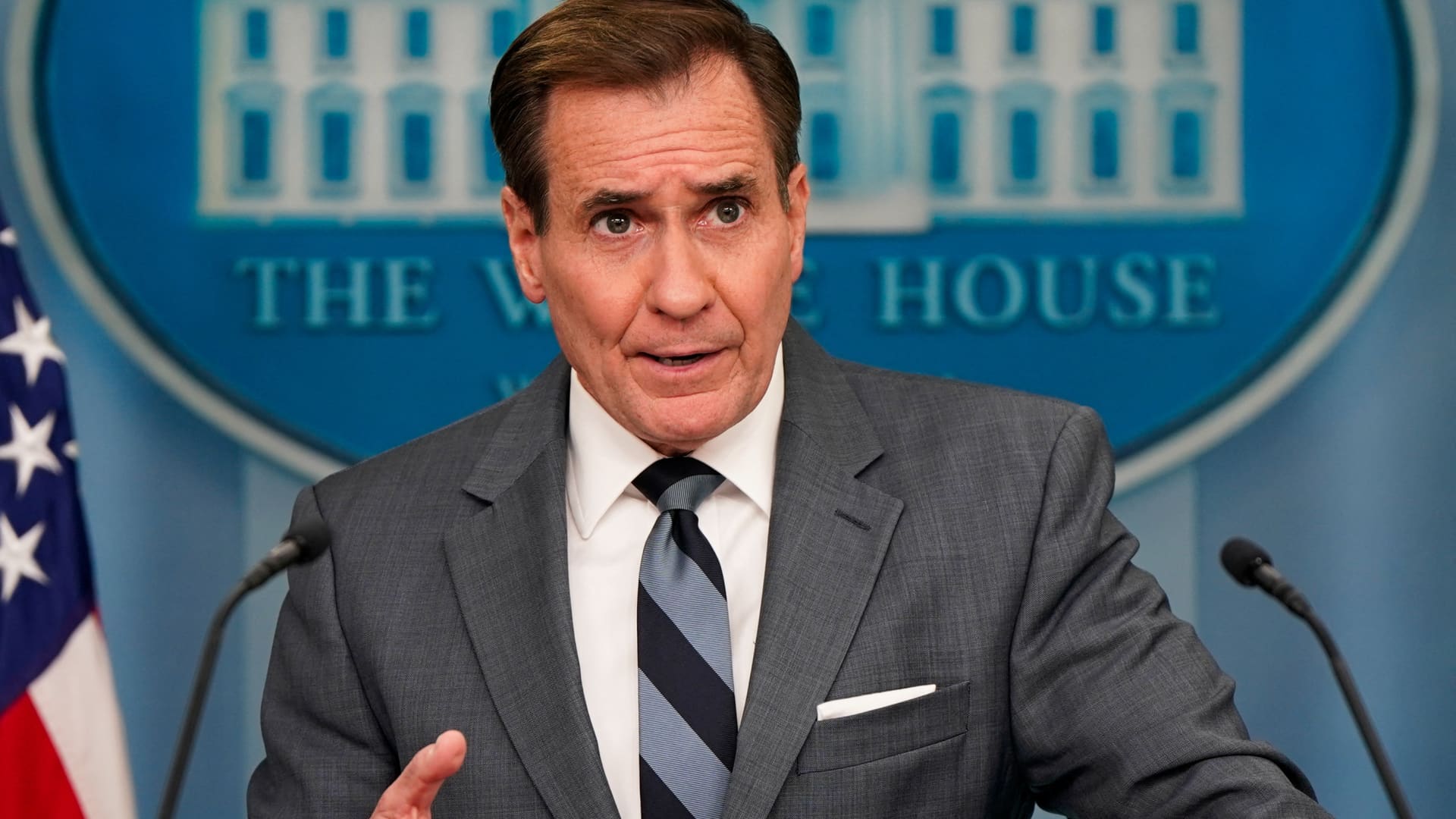Tropas De Breogán: A Comprehensive Guide To Galicia's Mythical Warriors
Tropas de Breogán, steeped in the rich tapestry of Galician folklore, represent more than just mythical warriors—they embody the spirit and cultural identity of a region. These legendary figures, believed to originate from the ancient Celtic tribes of northwest Spain, have captured the imagination of generations. Their stories, passed down through oral traditions, continue to resonate in modern Galician society, symbolizing strength, unity, and resilience. The name "Breogán" itself traces back to the mythical founder of the Galician people, a figure whose legacy is celebrated in both literature and local festivals. As you delve into the world of these warriors, you'll uncover not only their mythical origins but also their enduring influence on Galician culture and beyond.
The tales surrounding the Tropas de Breogán are as captivating as they are diverse. From their legendary battles to their role in shaping Galician identity, these warriors have become synonymous with heroism and valor. Modern interpretations of their stories have found new life in literature, art, and even tourism, drawing enthusiasts from across the globe. Whether you're a history buff, a mythology enthusiast, or simply curious about Galician culture, the Tropas de Breogán offer a fascinating lens through which to explore this vibrant heritage. Their enduring legacy continues to inspire pride and curiosity, making them a cornerstone of Galician folklore.
As we journey deeper into the world of Tropas de Breogán, we'll unravel the layers of myth, history, and culture that define them. This article will explore their origins, their role in Galician mythology, and their impact on contemporary society. Along the way, you'll discover how these legendary warriors have shaped not only the past but also the present and future of Galician identity. Whether you're new to the subject or a seasoned enthusiast, this guide will provide a comprehensive overview of Tropas de Breogán and their place in the broader context of Celtic and Galician traditions.
Read also:Ashley Tervort Nsfw An Indepth Exploration Of Her Influence And Career
Table of Contents
- Who Were the Tropas de Breogán and What Is Their Mythical Origin?
- What Role Do Tropas de Breogán Play in Galician Mythology?
- How Have Tropas de Breogán Influenced Galician Culture and Identity?
- The Legacy of Tropas de Breogán in Modern Times
- Why Are the Tropas de Breogán Significant in Celtic Traditions?
- How Can You Experience the Legend of Tropas de Breogán Today?
- What Are the Symbolic Meanings Behind Tropas de Breogán?
- Frequently Asked Questions About Tropas de Breogán
Who Were the Tropas de Breogán and What Is Their Mythical Origin?
The Tropas de Breogán, or Breogán's Troops, are deeply rooted in the mythology of Galicia, a region in northwest Spain with strong Celtic influences. According to ancient legends, these warriors were part of the mythical army led by Breogán, a legendary king who is said to have founded the Galician people. The story begins with Breogán, a figure of immense importance in Galician folklore, who is believed to have established a kingdom in Brigantia, now known as A Coruña. From this stronghold, he and his troops embarked on legendary quests, exploring lands as far as Ireland, where they are said to have established the first Celtic settlements.
Breogán's troops were not just ordinary warriors; they were depicted as fearless and skilled, embodying the virtues of loyalty, bravery, and honor. These qualities made them central figures in Galician mythology, where they were often portrayed as protectors of their people and defenders of their land. The tales of their exploits were passed down through generations, with each storyteller adding their own embellishments. Over time, the Tropas de Breogán became symbols of Galician resilience and unity, representing the strength and determination of the Galician people in the face of adversity.
One of the most famous stories involving the Tropas de Breogán is their legendary journey to Ireland. According to the myth, Breogán's son, Ith, spotted the Irish coast from the top of the Tower of Hercules, a lighthouse in A Coruña that still stands today. This sighting prompted Breogán's troops to set sail for Ireland, where they played a pivotal role in the early Celtic migrations. Their arrival is said to have laid the foundation for the cultural and linguistic ties between Galicia and Ireland, which persist to this day. This myth not only highlights the adventurous spirit of the Tropas de Breogán but also underscores their significance in the broader context of Celtic traditions.
Were the Tropas de Breogán Based on Real Historical Figures?
While the Tropas de Breogán are primarily figures of myth, some historians and scholars believe they may have been inspired by real historical events or figures. The Celts, who inhabited much of Europe during the Iron Age, were known for their warrior culture and extensive trade networks. It is possible that the stories of Breogán and his troops were influenced by the exploits of Celtic chieftains or warriors who once roamed the lands of Galicia. Archaeological evidence, such as the remains of ancient fortifications and artifacts, supports the idea that Galicia was once home to a thriving Celtic society, lending credibility to the notion that the Tropas de Breogán could have been based on actual historical figures.
However, the line between myth and history is often blurred, and the tales of the Tropas de Breogán have likely been shaped by centuries of storytelling. While their exact origins remain a mystery, their enduring legacy in Galician culture is undeniable. Whether they were real or mythical, the Tropas de Breogán continue to inspire pride and fascination, serving as a bridge between the ancient past and the present day.
What Role Did the Tower of Hercules Play in the Legend of Tropas de Breogán?
The Tower of Hercules, a UNESCO World Heritage Site, plays a pivotal role in the legend of the Tropas de Breogán. According to the myth, it was from this ancient lighthouse that Breogán's son, Ith, first spotted the Irish coast, sparking the legendary journey that connected Galicia and Ireland. The tower, which dates back to Roman times, has long been a symbol of Galician identity and resilience, much like the Tropas de Breogán themselves. Its enduring presence serves as a reminder of the region's rich history and the enduring legacy of its mythical warriors.
Read also:Jeanine Pirro A Comprehensive Look At Her Career And Influence
What Role Do Tropas de Breogán Play in Galician Mythology?
In Galician mythology, the Tropas de Breogán are celebrated as heroes and protectors, embodying the ideals of courage, loyalty, and unity. Their stories are woven into the fabric of Galician folklore, where they are often depicted as defenders of their people and their land. One of the most enduring themes in these myths is the idea of the Tropas de Breogán as a unifying force, bringing together the various tribes of Galicia under a common banner. This theme of unity is particularly significant, as it reflects the historical challenges faced by the Galician people, who have long struggled to maintain their cultural identity in the face of external pressures.
The Tropas de Breogán also play a central role in the mythological narrative of Galicia's origins. According to legend, they were instrumental in the early Celtic migrations, helping to establish the cultural and linguistic ties between Galicia and Ireland. These connections are celebrated in both Galician and Irish folklore, where the Tropas de Breogán are often portrayed as pioneers who laid the foundation for a shared Celtic heritage. Their journey to Ireland is a testament to their adventurous spirit and their willingness to explore new horizons, qualities that continue to inspire pride and admiration.
Beyond their role as warriors, the Tropas de Breogán are also symbols of resilience and determination. In many stories, they are depicted as overcoming great odds to achieve their goals, whether it be defending their homeland or embarking on perilous journeys. These tales serve as a reminder of the strength and perseverance of the Galician people, who have faced numerous challenges throughout their history. The Tropas de Breogán, with their unwavering courage and loyalty, embody the spirit of Galicia, making them enduring figures in the region's mythology.
How Did the Tropas de Breogán Influence Galician Folklore?
The influence of the Tropas de Breogán on Galician folklore is profound, with their stories shaping the cultural identity of the region. These tales, passed down through generations, have become an integral part of Galician heritage, celebrated in festivals, literature, and art. One of the most notable examples is the Festival of Breogán, held annually in A Coruña, where the legacy of the Tropas de Breogán is honored through reenactments, music, and traditional dances. These celebrations not only preserve the memory of the Tropas de Breogán but also reinforce their role as symbols of Galician pride and unity.
In literature, the Tropas de Breogán have inspired countless works, from epic poems to modern novels. Their stories have been retold and reimagined by writers and poets, who have drawn on their mythological significance to explore themes of identity, resilience, and heroism. These literary works have helped to keep the legend of the Tropas de Breogán alive, ensuring that their legacy continues to resonate with new generations. Whether through folklore, festivals, or literature, the Tropas de Breogán remain a vital part of Galician culture, embodying the spirit and values of the region.
How Have Tropas de Breogán Influenced Galician Culture and Identity?
The influence of the Tropas de Breogán on Galician culture and identity is both profound and multifaceted. These mythical warriors have become symbols of Galician pride, representing the region's rich history and cultural heritage. Their stories, which emphasize themes of unity, resilience, and adventure, have played a crucial role in shaping the collective identity of the Galician people. Whether through folklore, festivals, or art, the legacy of the Tropas de Breogán continues to inspire pride and admiration, serving as a reminder of the region's unique cultural identity.
One of the most visible ways in which the Tropas de Breogán have influenced Galician culture is through their role in local festivals and celebrations. The Festival of Breogán, held annually in A Coruña, is a prime example of how these mythical warriors are celebrated in modern times. During the festival, participants dress in traditional costumes, reenact battles, and perform traditional dances, bringing the stories of the Tropas de Breogán to life. These celebrations not only preserve the memory of the Tropas de Breogán but also reinforce their role as symbols of Galician unity and pride.
Beyond festivals, the Tropas de Breogán have also left their mark on Galician art and literature. Their stories have inspired countless works, from epic poems to modern novels, exploring themes of identity, resilience, and heroism. These literary works have helped to keep the legend of the Tropas de Breogán alive, ensuring that their legacy continues to resonate with new generations. Whether through folklore, festivals, or literature, the Tropas de Breogán remain a vital part of Galician culture, embodying the spirit and values of the region.
What Are the Cultural Symbols Associated with Tropas de Breogán?
The Tropas de Breogán are associated with several cultural symbols that reflect their significance in Galician identity. One of the most prominent symbols is the Tower of Hercules, which plays a central role in their mythology. This ancient lighthouse, a UNESCO World Heritage Site, is often depicted in art and literature as a symbol of Galician resilience and unity. Other symbols include the Celtic knot, which represents the interconnectedness of Galician and Irish cultures, and the traditional Galician bagpipe, or gaita, which is often played during festivals celebrating the Tropas de Breogán.
Exploring Joe Conklin WIP: A Comprehensive Guide To His Journey And Impact
The Mystery Of Foolio Lifeless Body: A Deep Dive Into The Unexplained
Understanding Rim Jobs: A Comprehensive Guide To Oral Stimulation

Tropas Estelares Bora Flix

La reducción de tropas de Israel en Gaza no significa una nueva